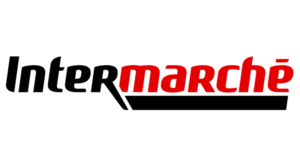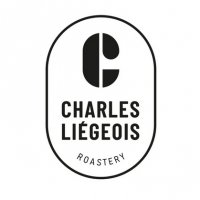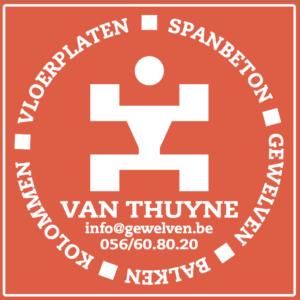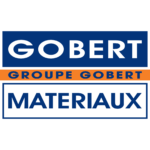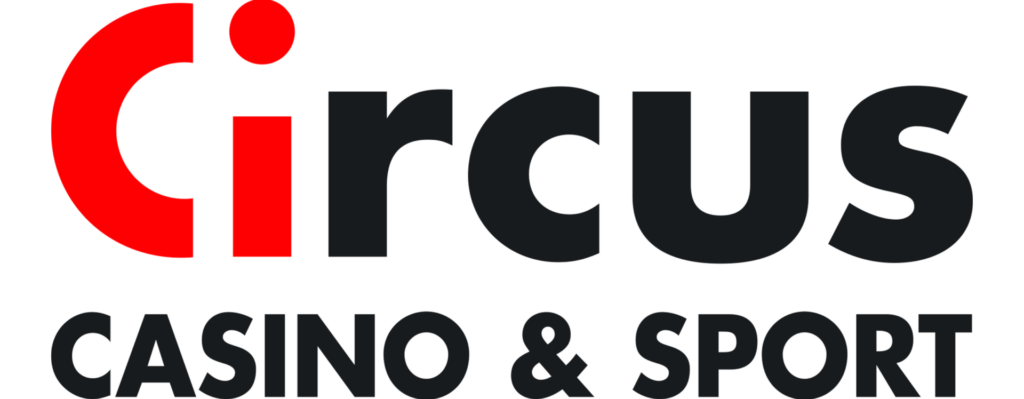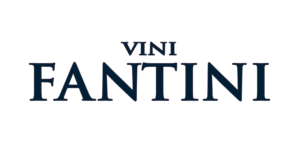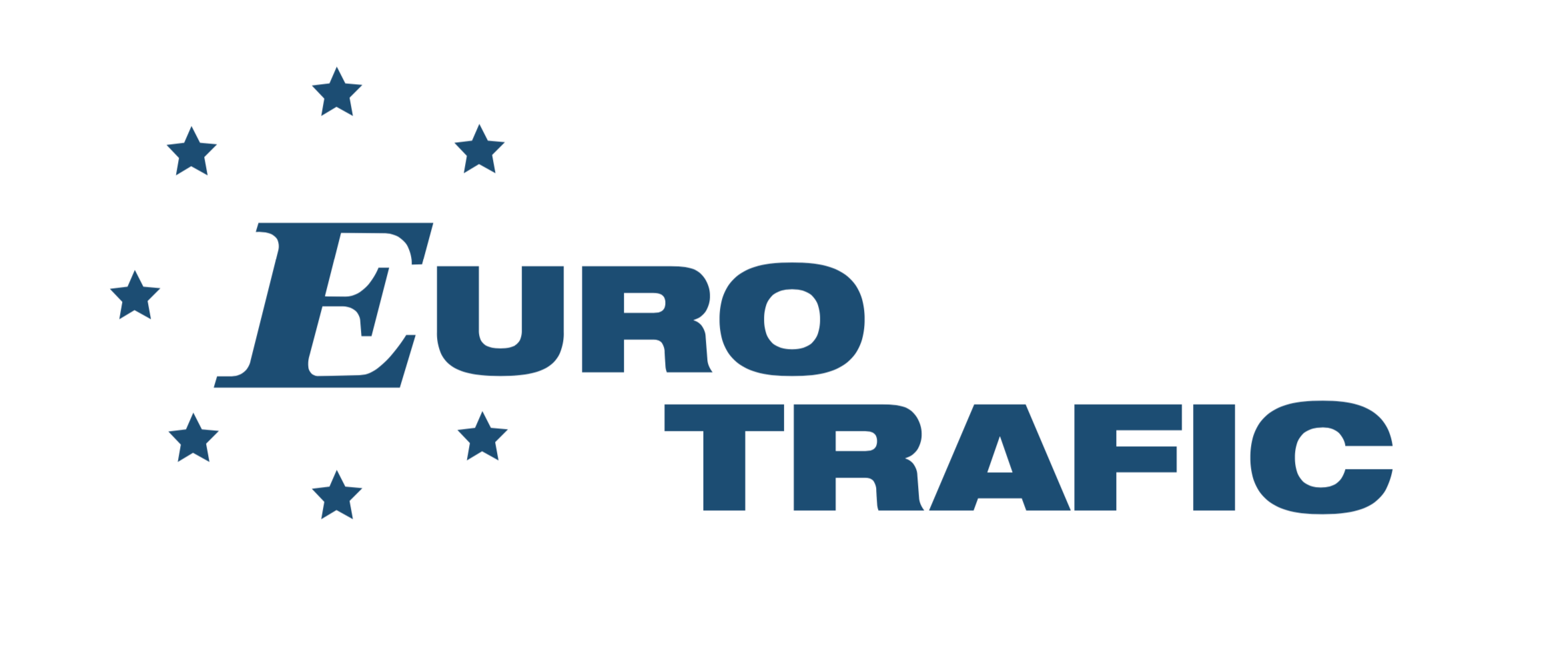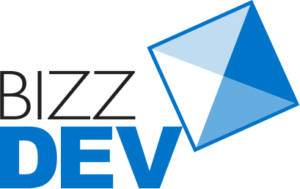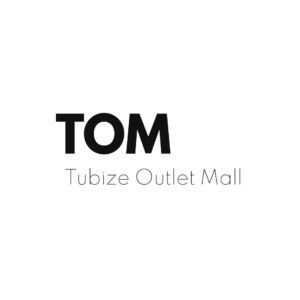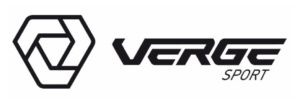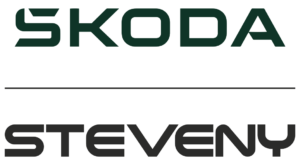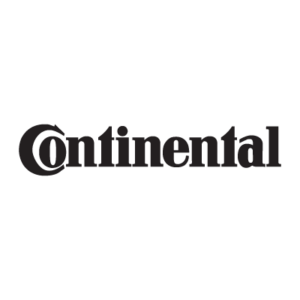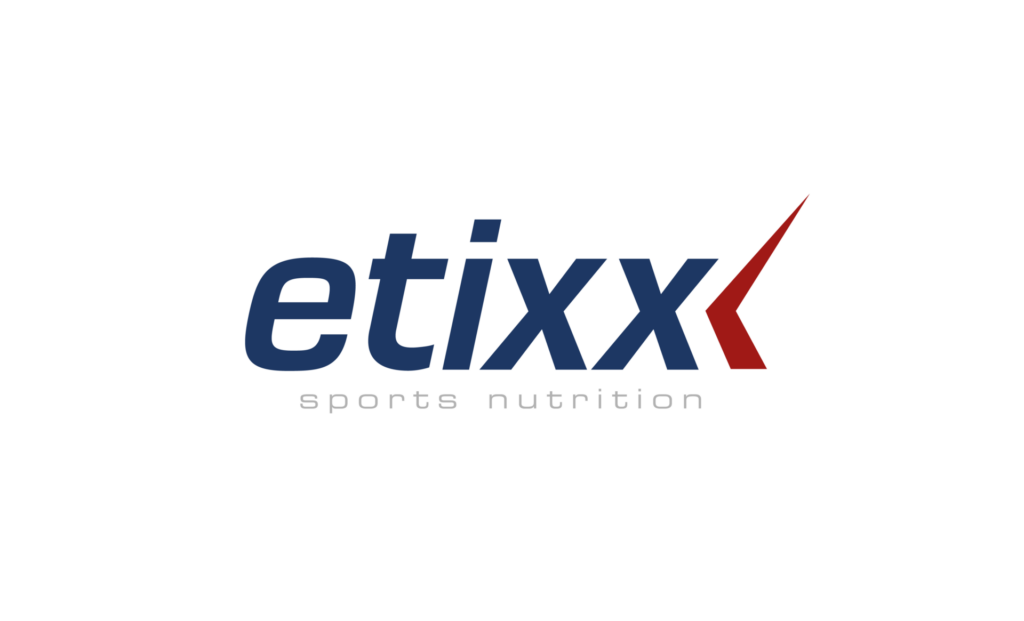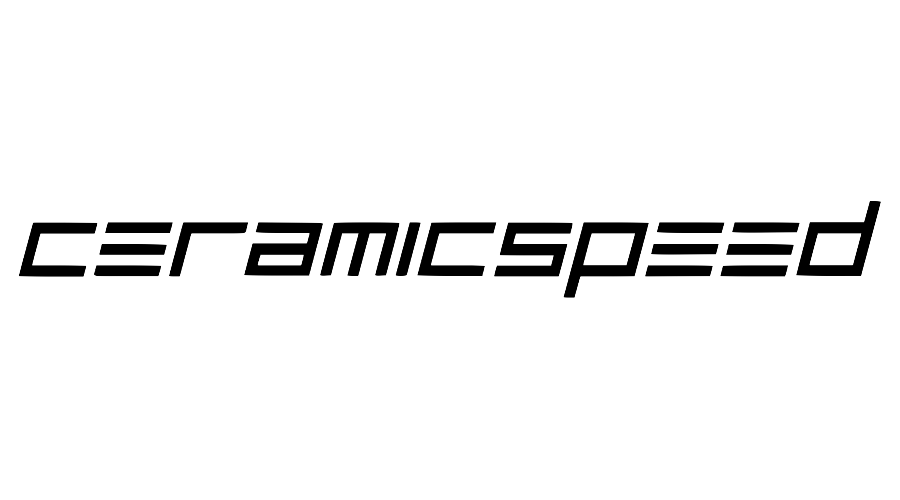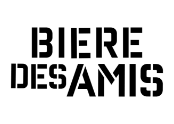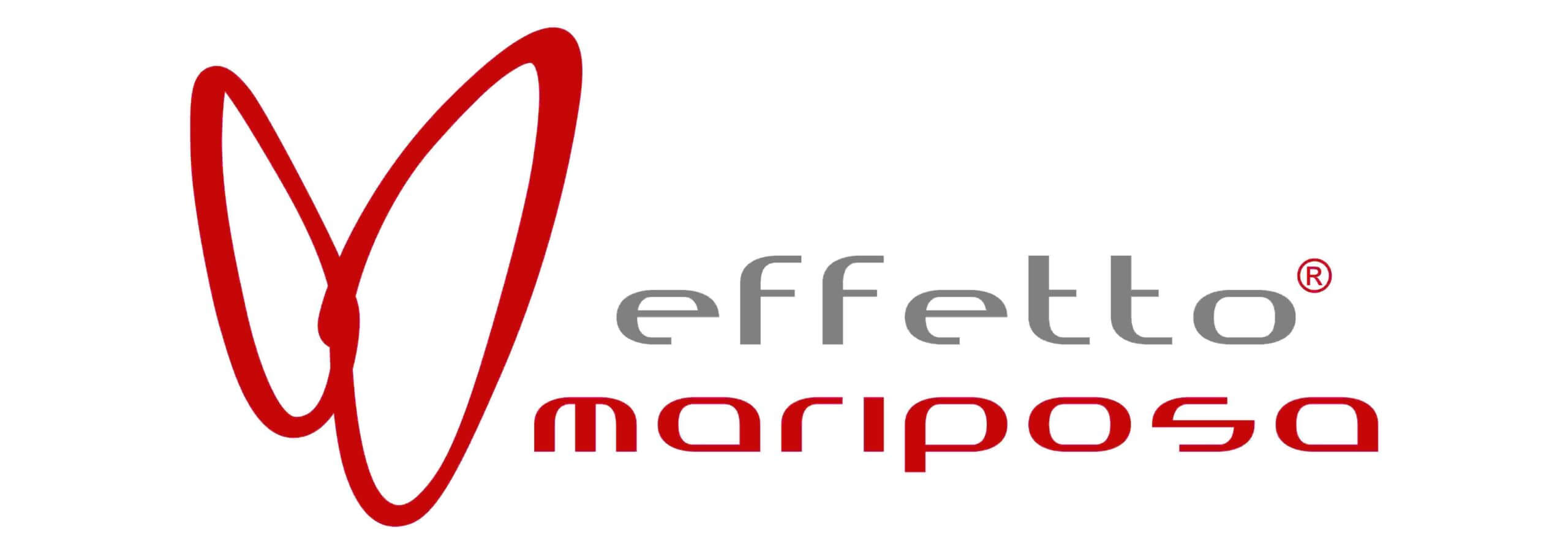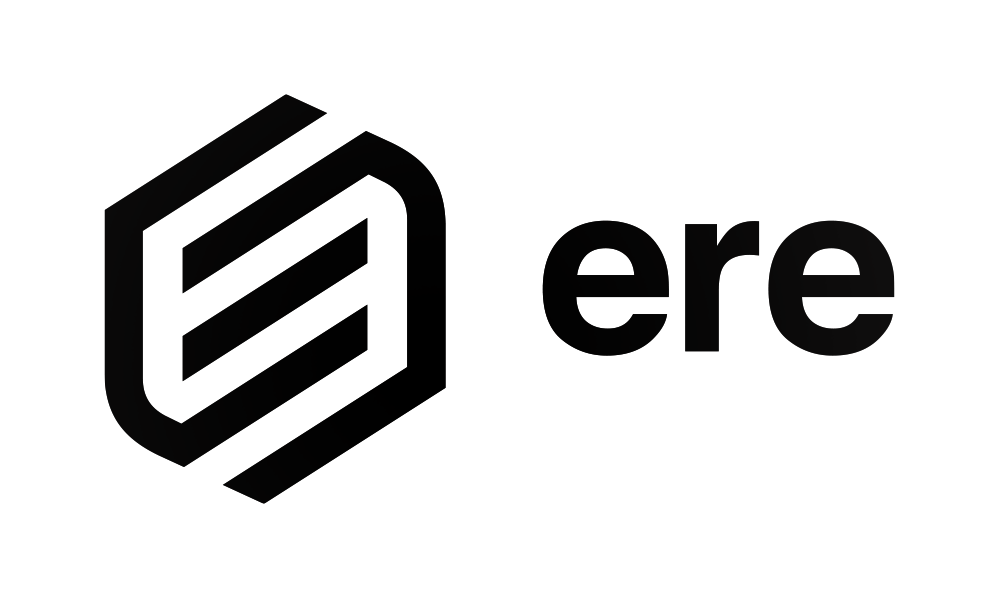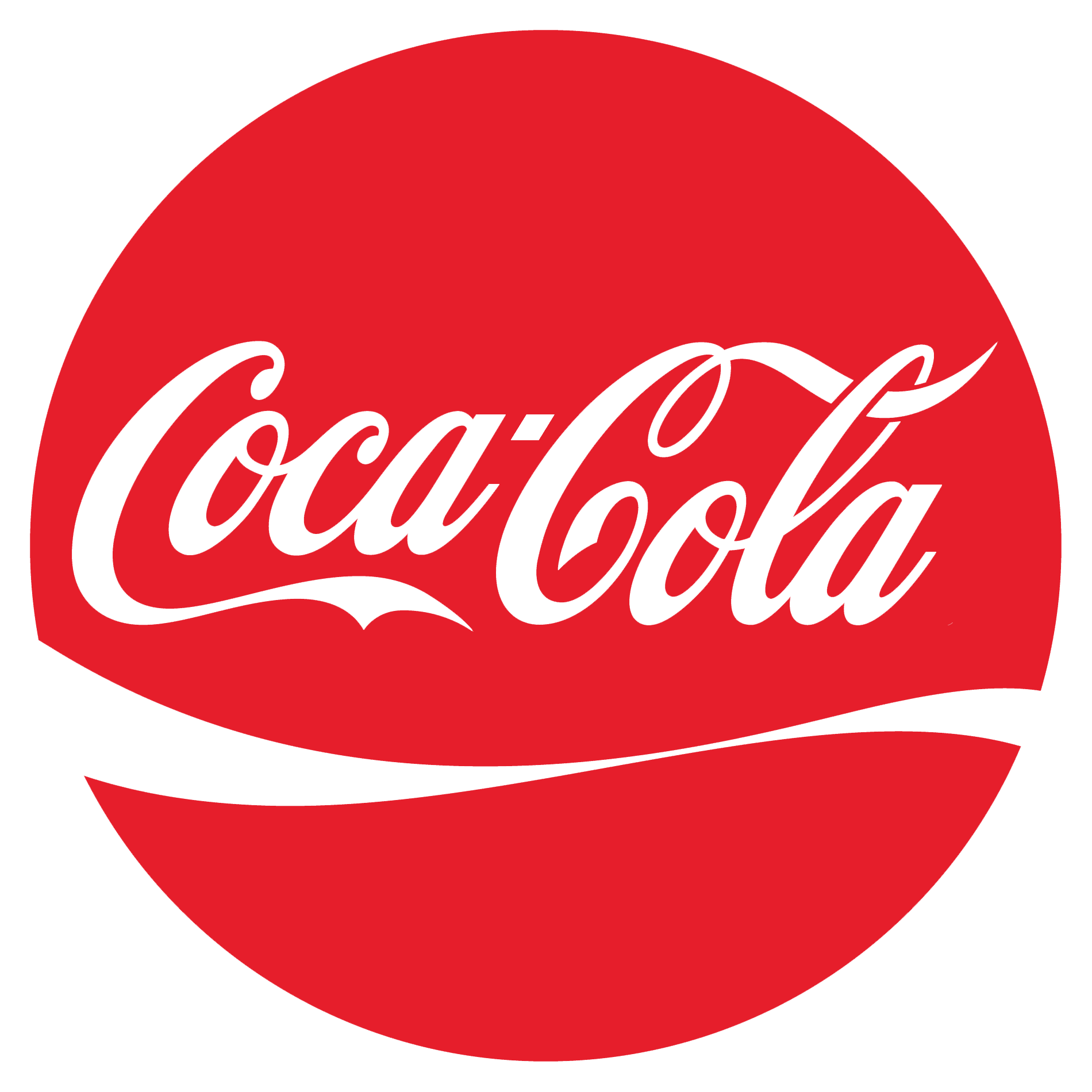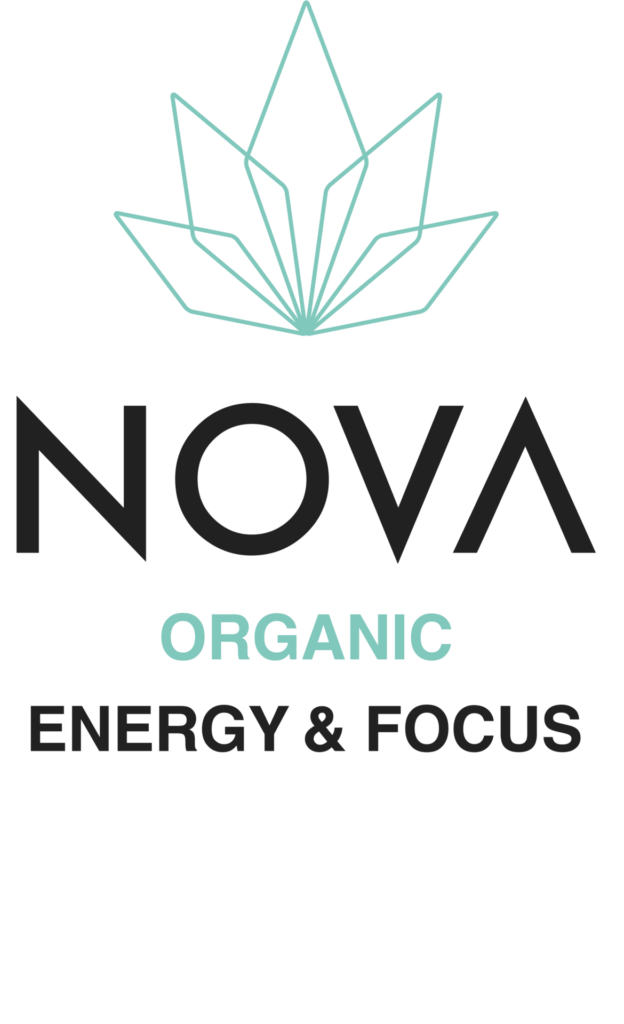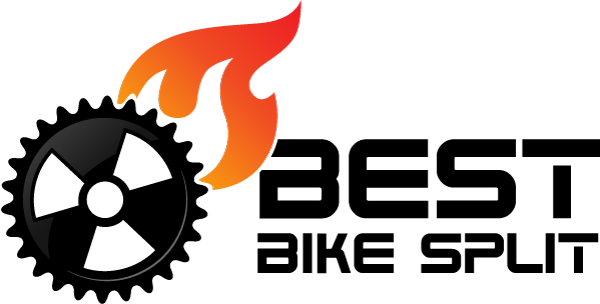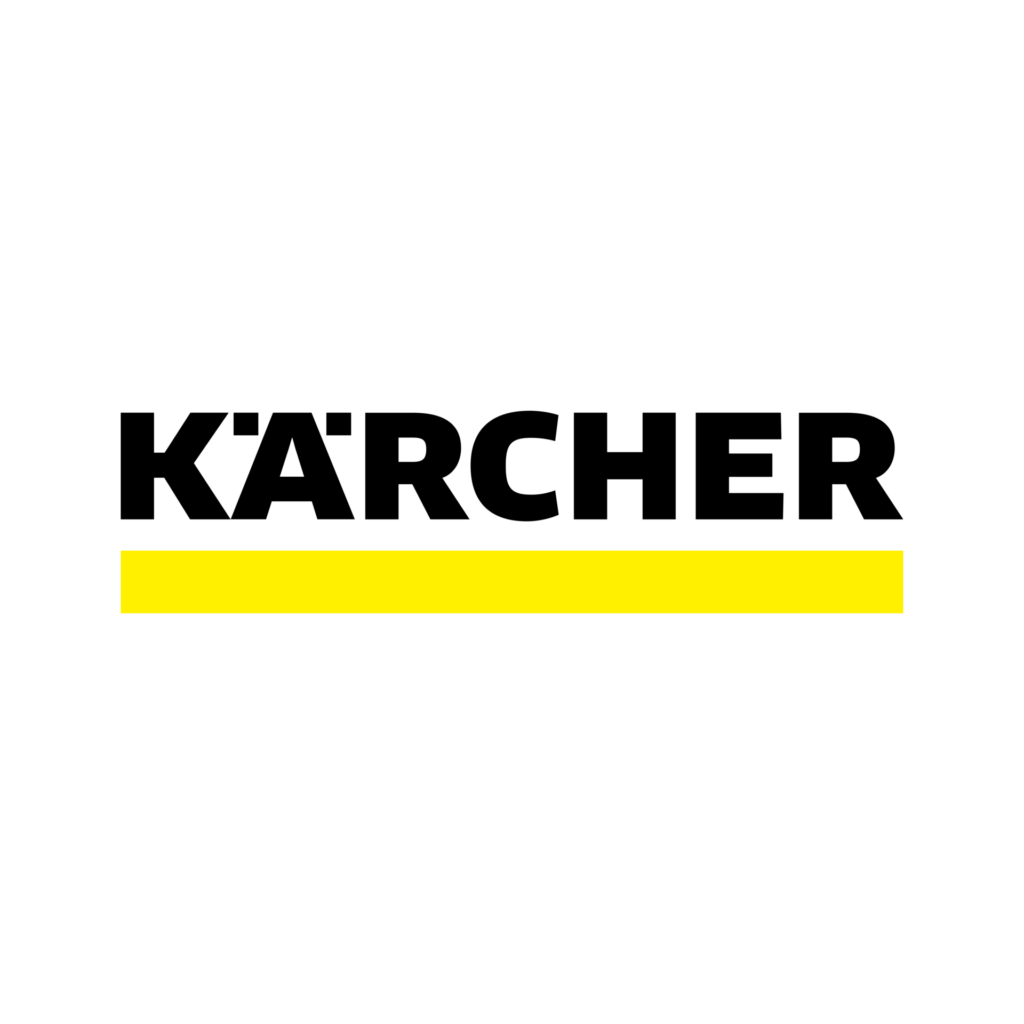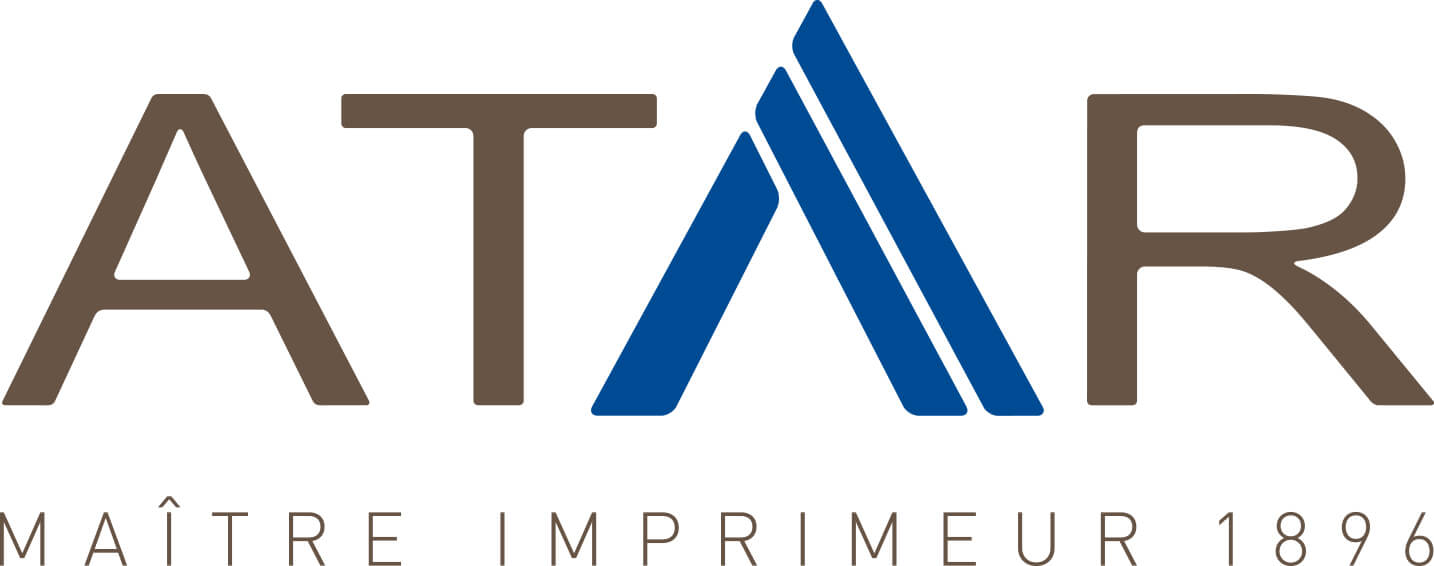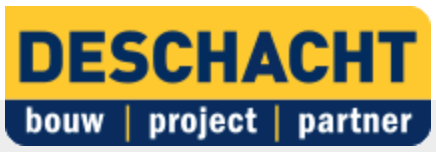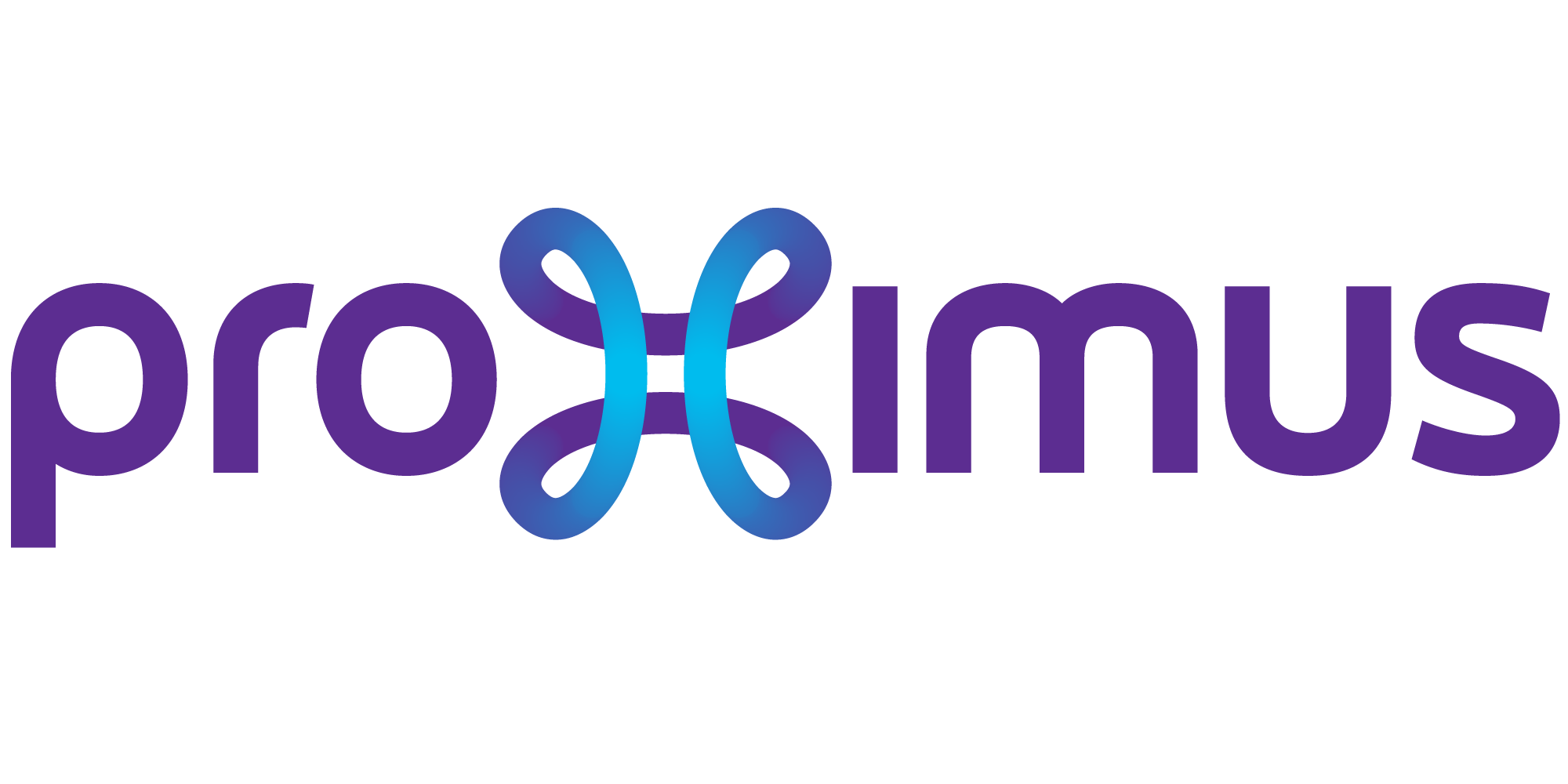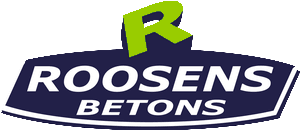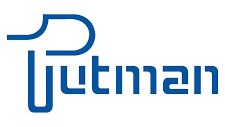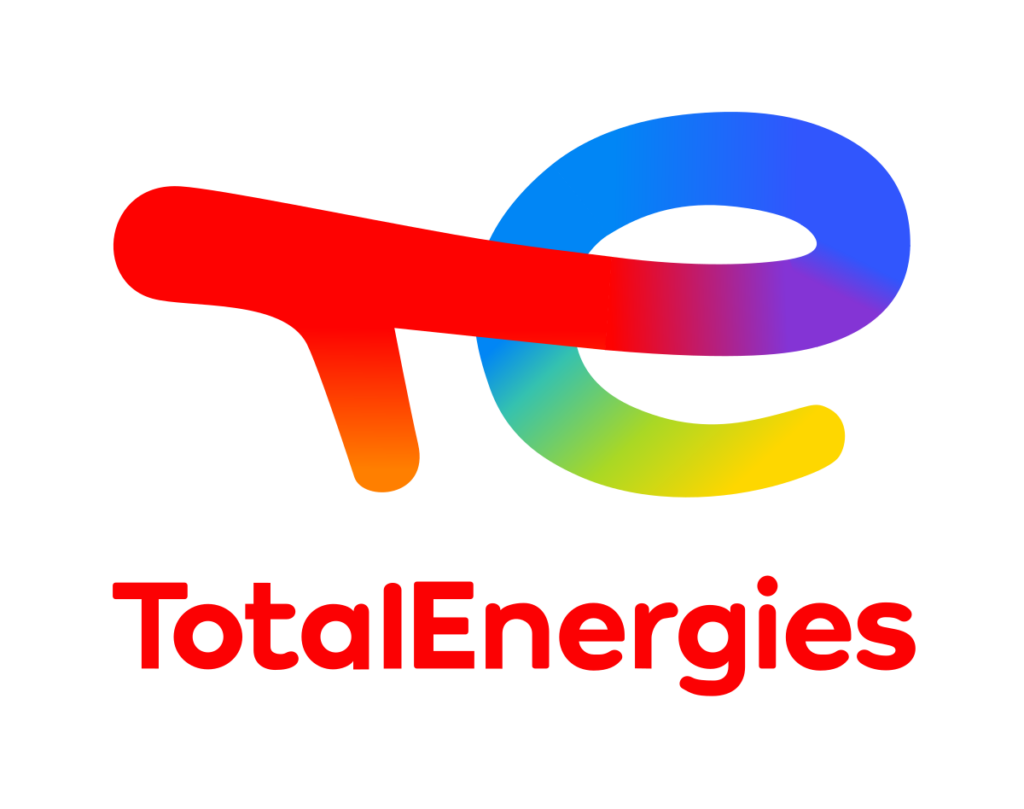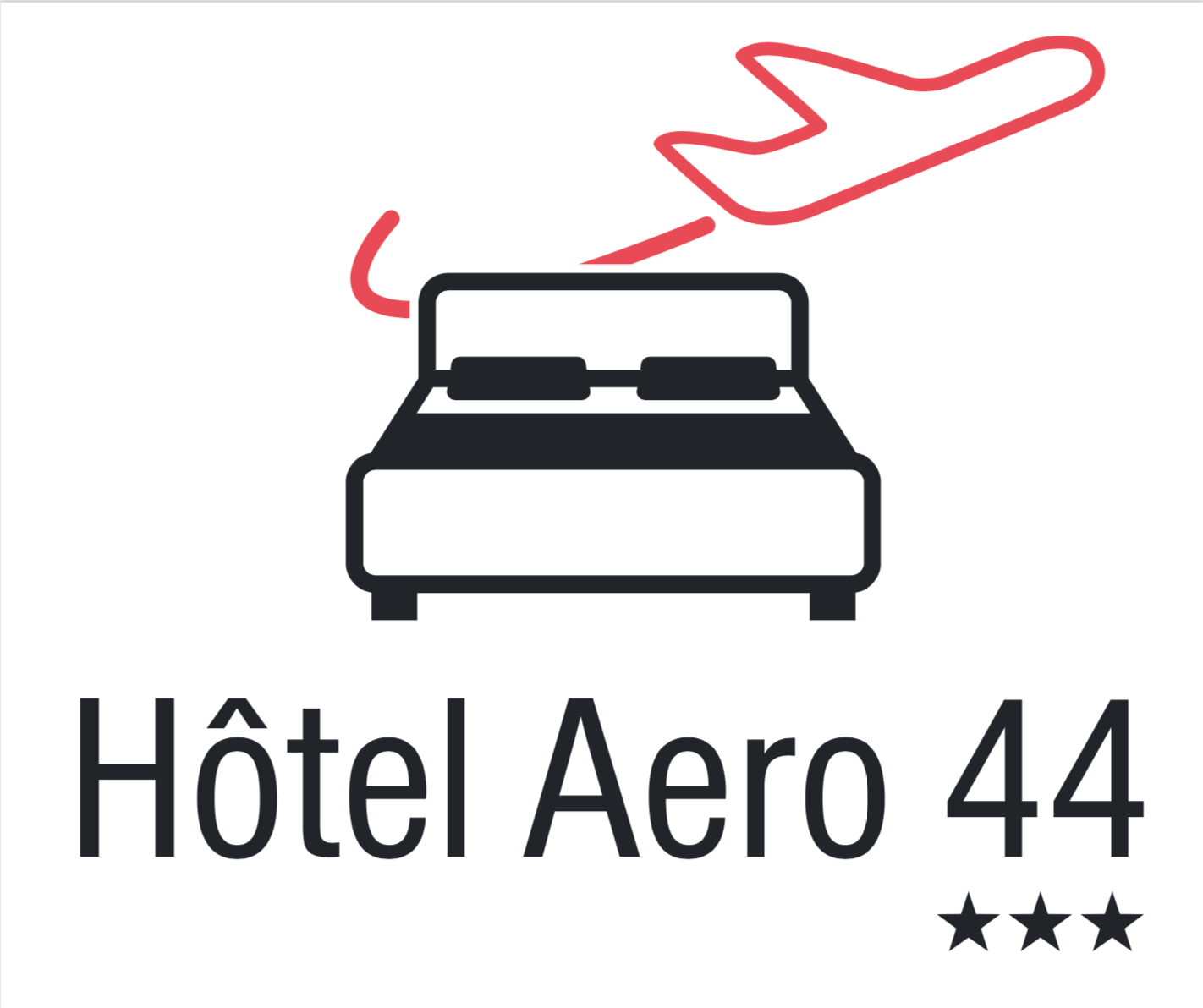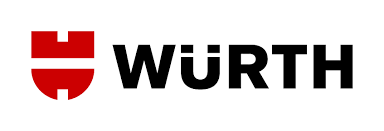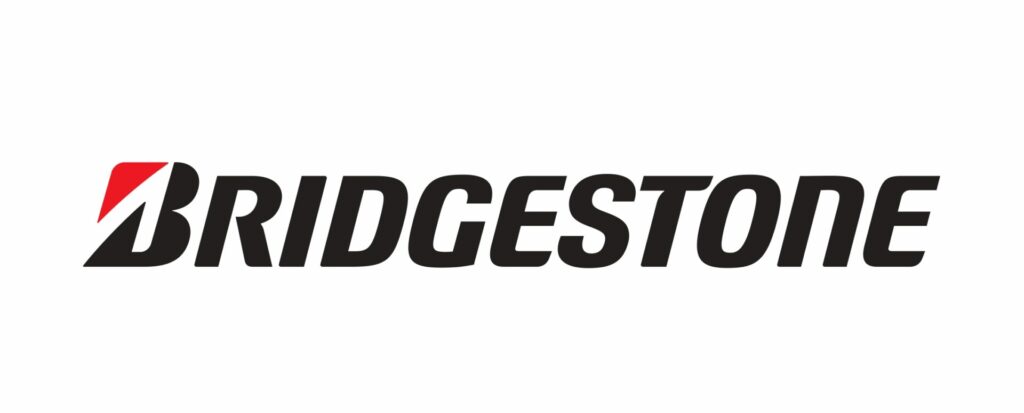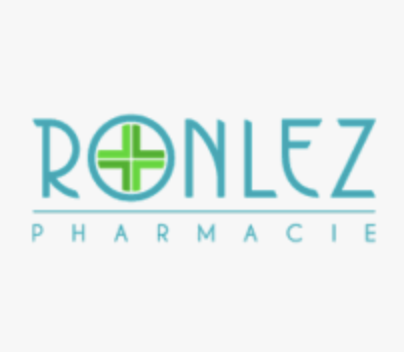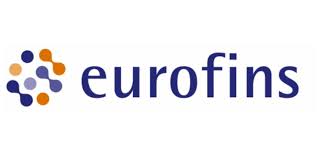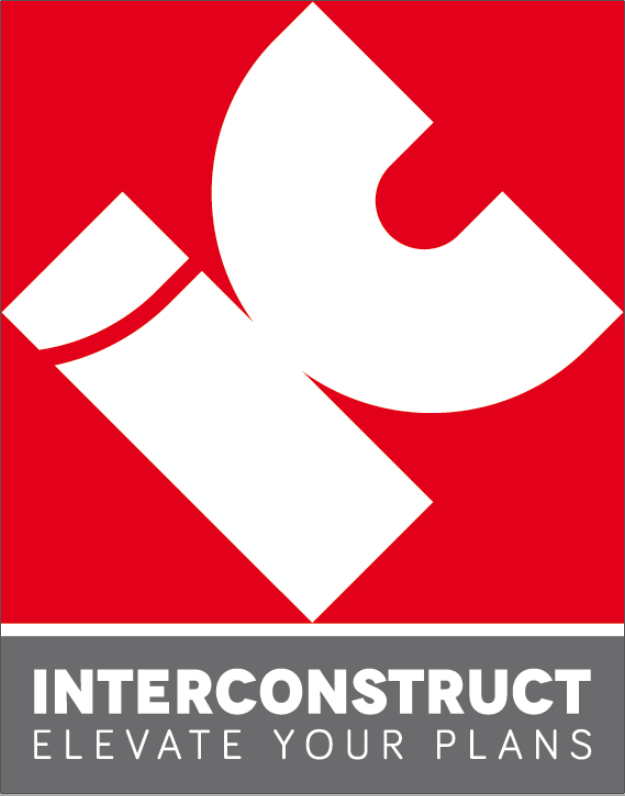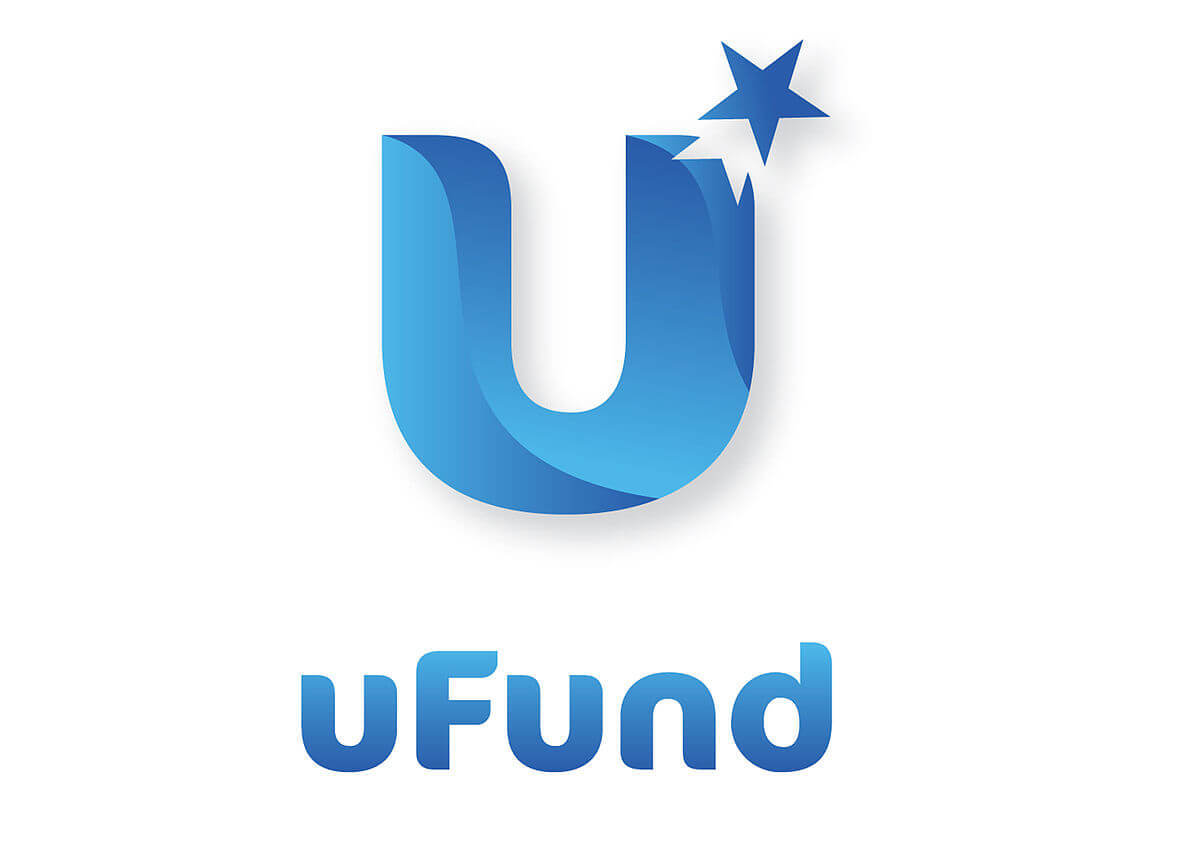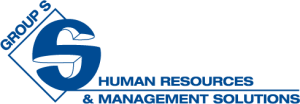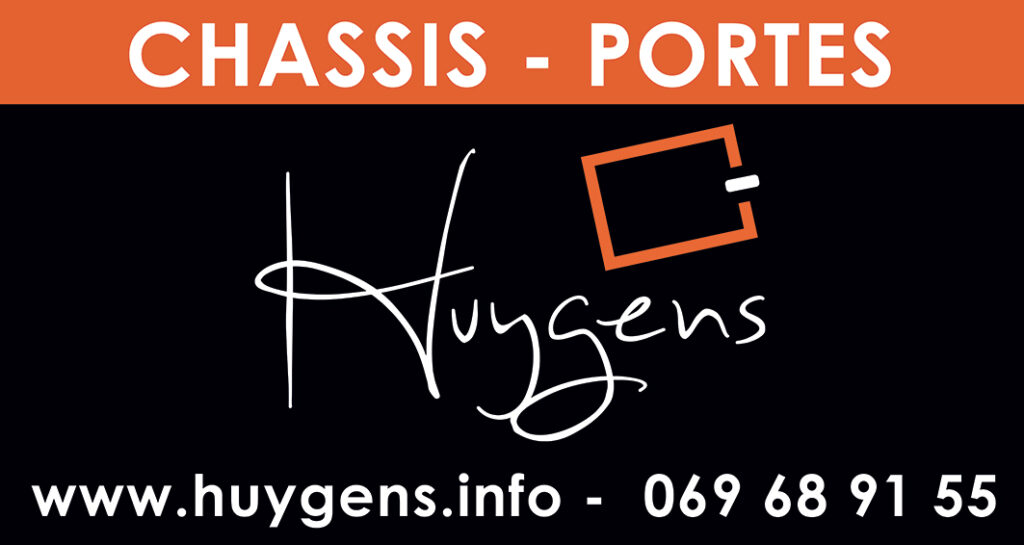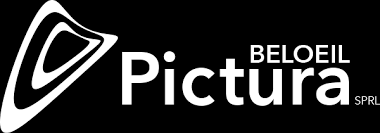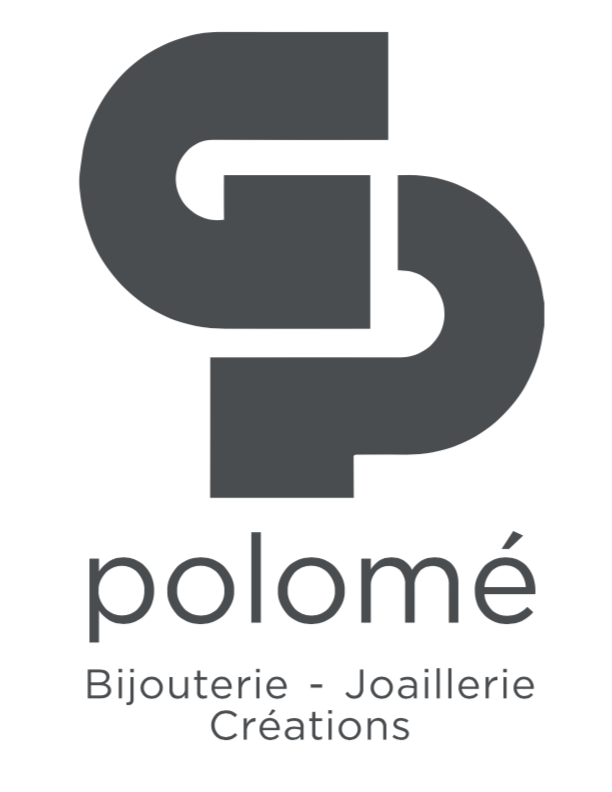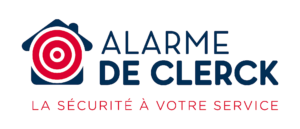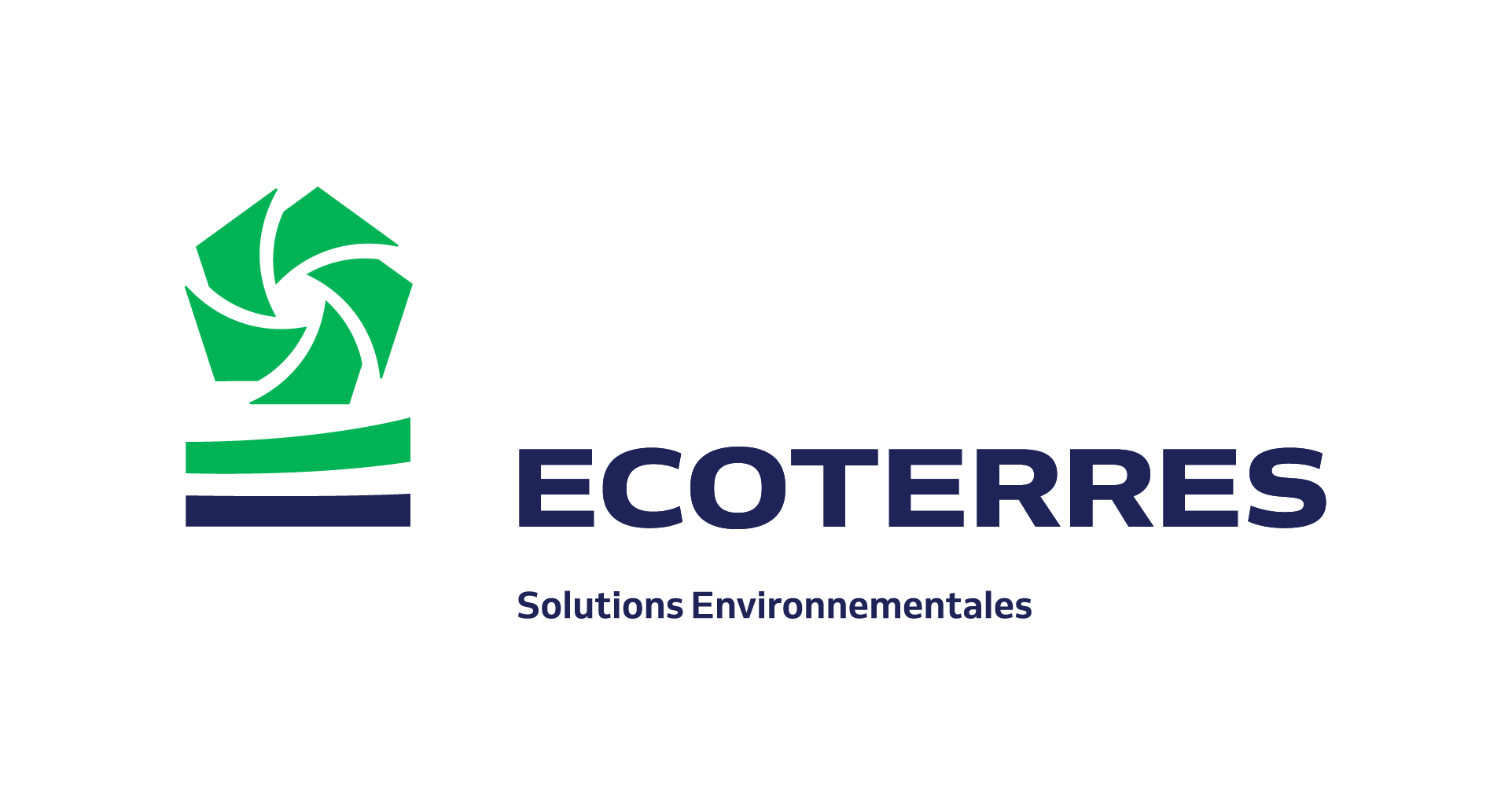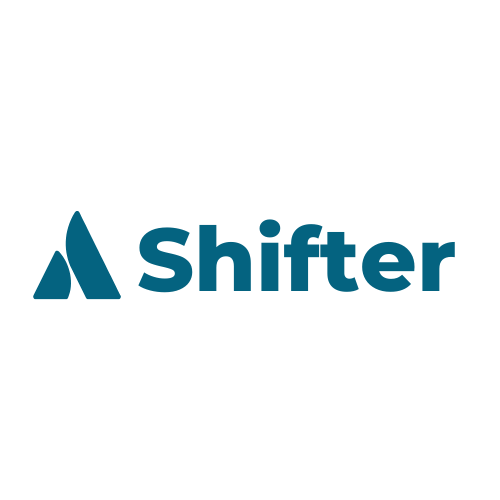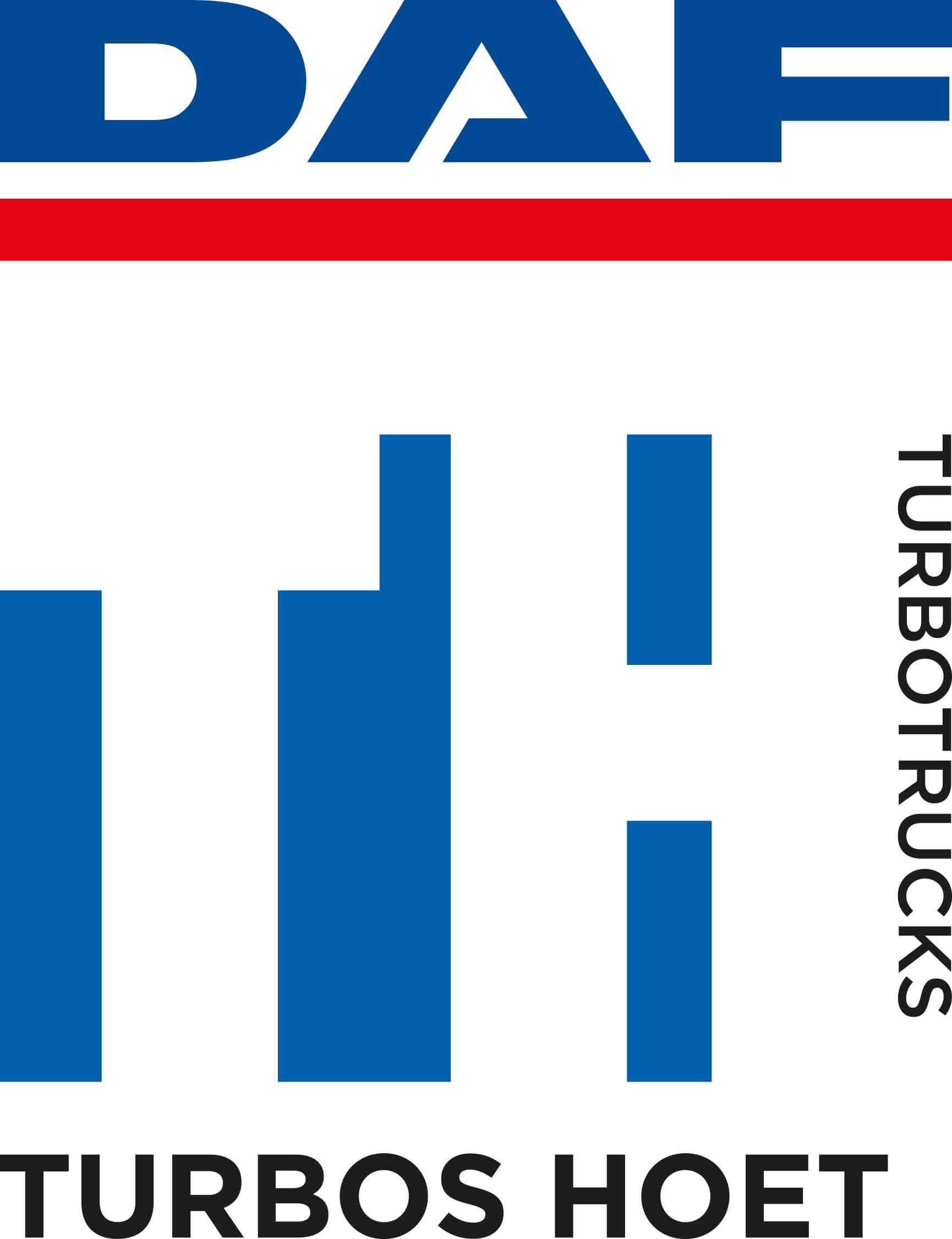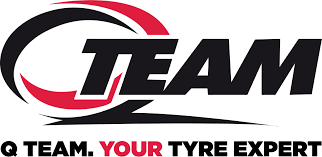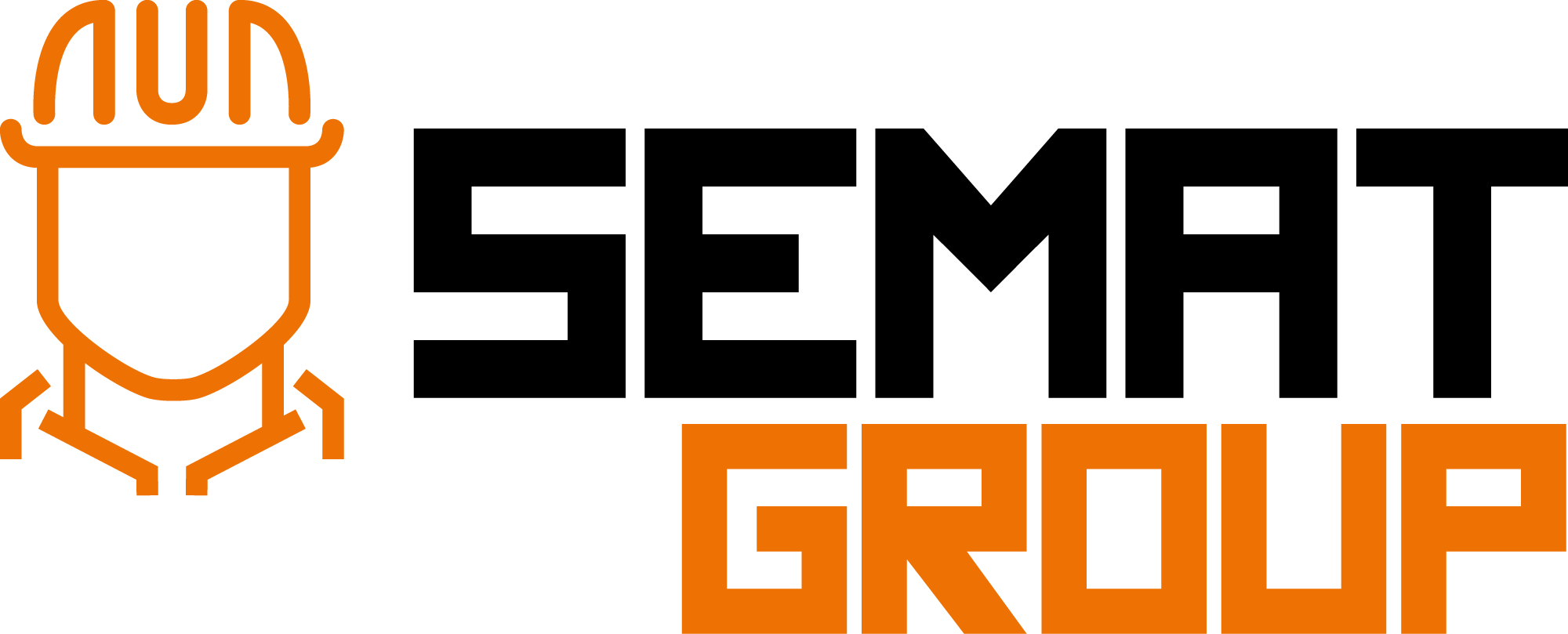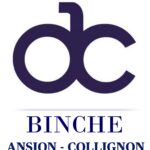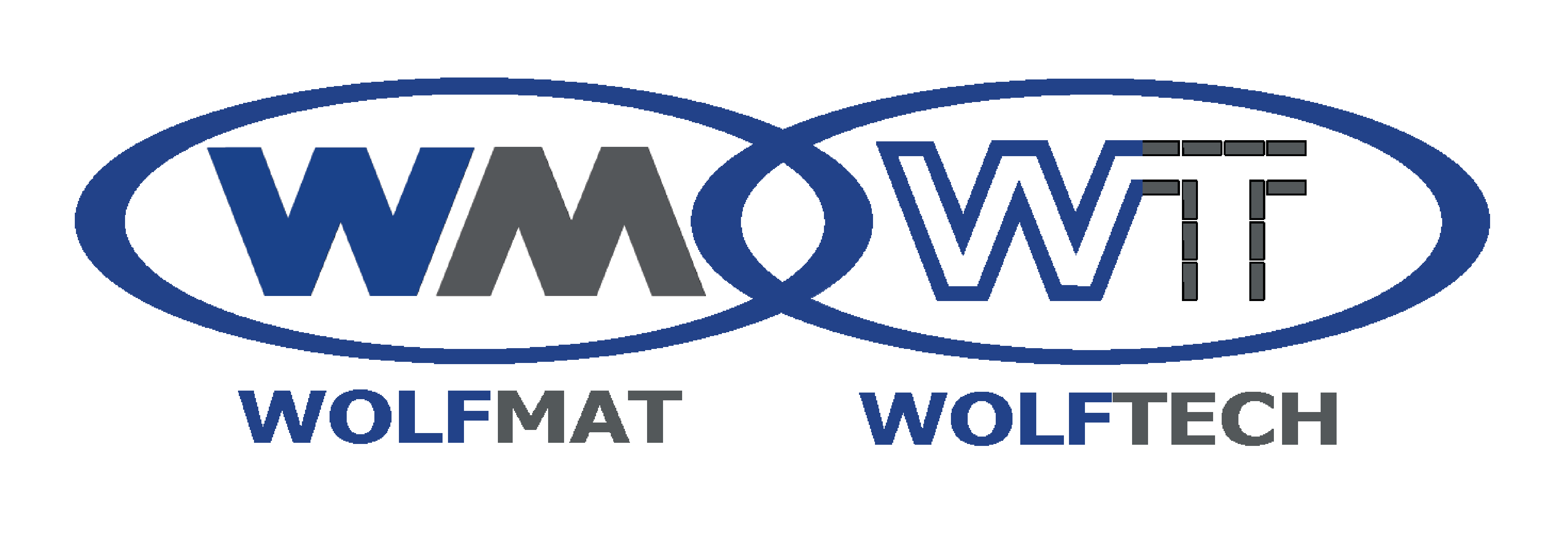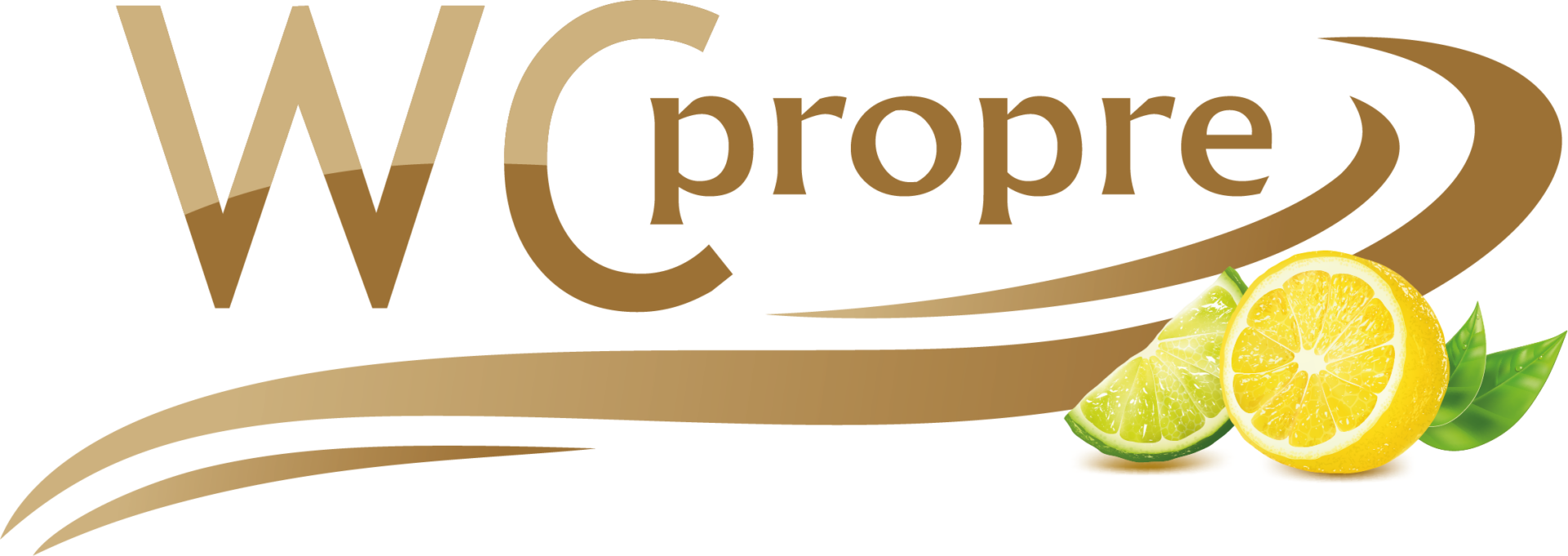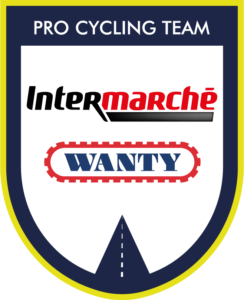On Sunday July 18, Intermarché-Wanty-Gobert concluded the 4th Tour de France in its history with six riders in Paris, each having entered the top 10 of a stage. Louis Meintjes took 14th place in the final GC and Danny van Poppel finished 6th of the sprint on the Champs-Élysées. Performance Manager Aike Visbeek looks back of the first Grande Boucle as a World Tour team, for which the team adopted a new approach.
“In the past, we came to the Tour de France as outsiders. We needed to show ourselves, including by joining breakaways that had no chance of succeeding. With Guillaume Martin, we had a young rider who could play his card in the mountains. For this edition, we wanted to make a transition in our approach. As a World Tour team, we came with the firm ambition to secure a good general classification with Louis Meintjes, and rely on the sprint train to get a stage win with Danny van Poppel. It was therefore important to make choices regarding participation in breakaways. It was irrelevant to waste manpower in the breakaway on flat stages if we wanted to protect Louis from the traps and surround Danny properly for the sprints. Our riders were active on the so-called transition and mid-mountain stages, as well as the difficult stages. Our selection was divided into four groups, each with a specific role according to the stage profile. It was therefore a completely different approach from the one that Intermarché-Wanty-Gobert has experienced in the past on the Tour.”
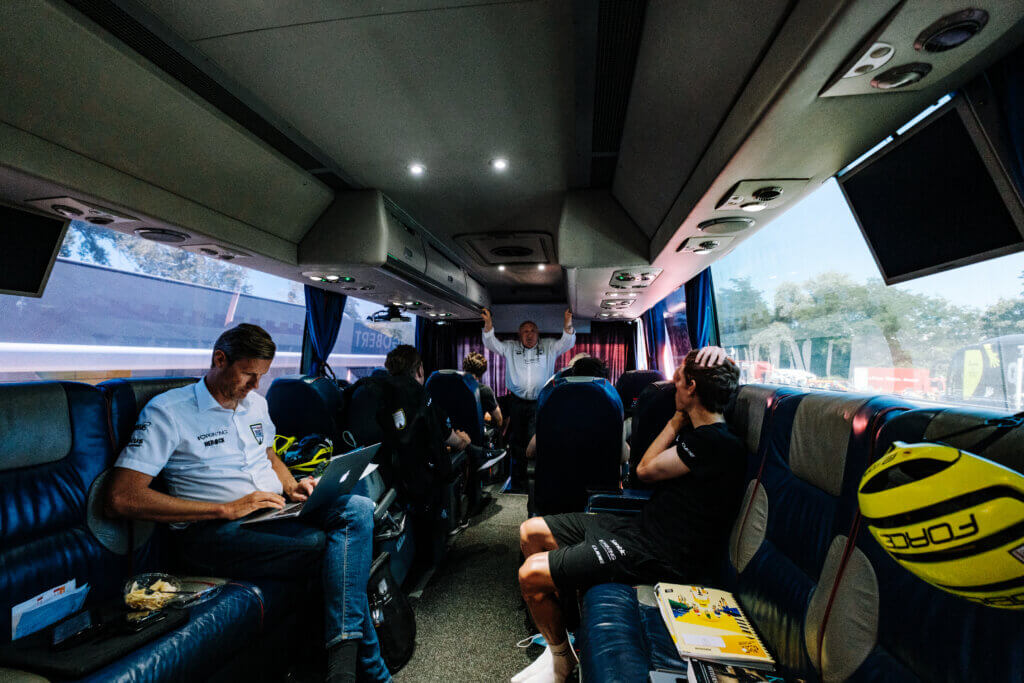
« This top 15 is an achievement to be proud of »
“To claim a good GC in the world’s biggest cycling event, you have to take every detail into account. Louis Meintjes’ 14th place finish was the result of three main elements to which we paid attention. The first was to create an atmosphere around Louis that consisted of not putting pressure on him. This allowed him, in the climbs, to preserve the necessary calm to ride at his own pace, without blowing up. We gambled on the stage leading to Tignes, where he joined the breakaway, then was caught by the yellow jersey group, and then dropped. But he was able to limit the damage thanks to his composure and the presence of Lorenzo Rota.”
“The second element is the racing program that we planned for him. He was able to prepare himself on races that suited him. Those stage races had time trials, which proved very helpful because he didn’t have a weak performance in the TTs. This preparation also aimed to make him perform well over 3 weeks. Like the team, he had a very good third week, among the top 15 in the mountains. The third element, finally, is the importance given to nutrition, to the management of recovery time. For the rest, you need luck. Louis was able to trigger that luck by going in the breakaway towards Quillan, where he gained time over his rivals. This top 15 is an achievement to be proud of.”
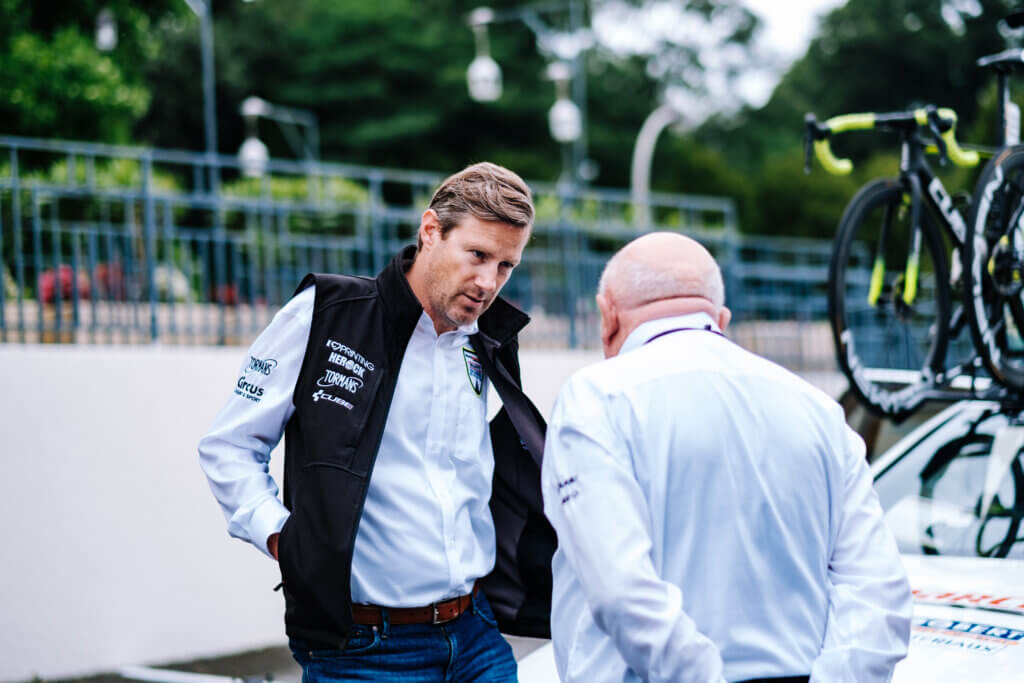
“Our strategy for the sprint was made from the first days of this season. We had defined a working method for the designated riders that participate in the bunch sprints. This upstream work allowed us to arrive on this Tour with a clear vision. Everyone knew the roles and could thus adapt to the unexpected, without suddenly being overcome by stress or panic. This is what Boy van Poppel demonstrated at Fougères, he replaced his brother Danny for the sprint and he landed a top 10. The van Poppel brothers performed at a high level in this Tour de France, Boy having beaten his personal bests, while Danny reached Paris for the first time in his career, in three attempts. The automatisms were created thanks to the races leading up to the Tour, and yet this preparation was disrupted in particular by the cancellation of the Quatre Jours de Dunkerque. “
« We have faith in our project »
“Even though we had a difficult first week, with the losses of Jonas Koch and Loïc Vliegen as well as the injuries of Georg Zimmermann and Lorenzo Rota, we did not languish in passivity for the rest of the Tour. On the contrary, we gained momentum as the stages went by, and delivered great performances in the third week. It is a testament to the character that prevails in the team. We managed to create the perfect balance so that there is an atmosphere that is both warm and focused on the goals. To do this, we had a clear idea on how to communicate. When the positioning was not good, we talk about it after the stage. When Rota and Zimmermann had fractures early on and went through days of pain, we tell them how they can continue to help the team. We had a permanent and constructive dialogue between the riders and the staff, which instilled mutual respect and trust. For youngsters like Rota and Zimmermann, who rode their first Tour, having experienced staff was essential.”
“This Tour de France was a turning point for the team, because of the new approach and the blue print we set. The fact that our riders put in their best performances in the third week is a nice compliment to the Performance team and an encouraging sign for the future. We will come back next year with undoubtedly more pressure, because we want to keep improving. Progress is what characterizes our team. If we take the time to look at where we come from, and see how far we have come, the direction we are taking is the right one. We have faith in our project.”
